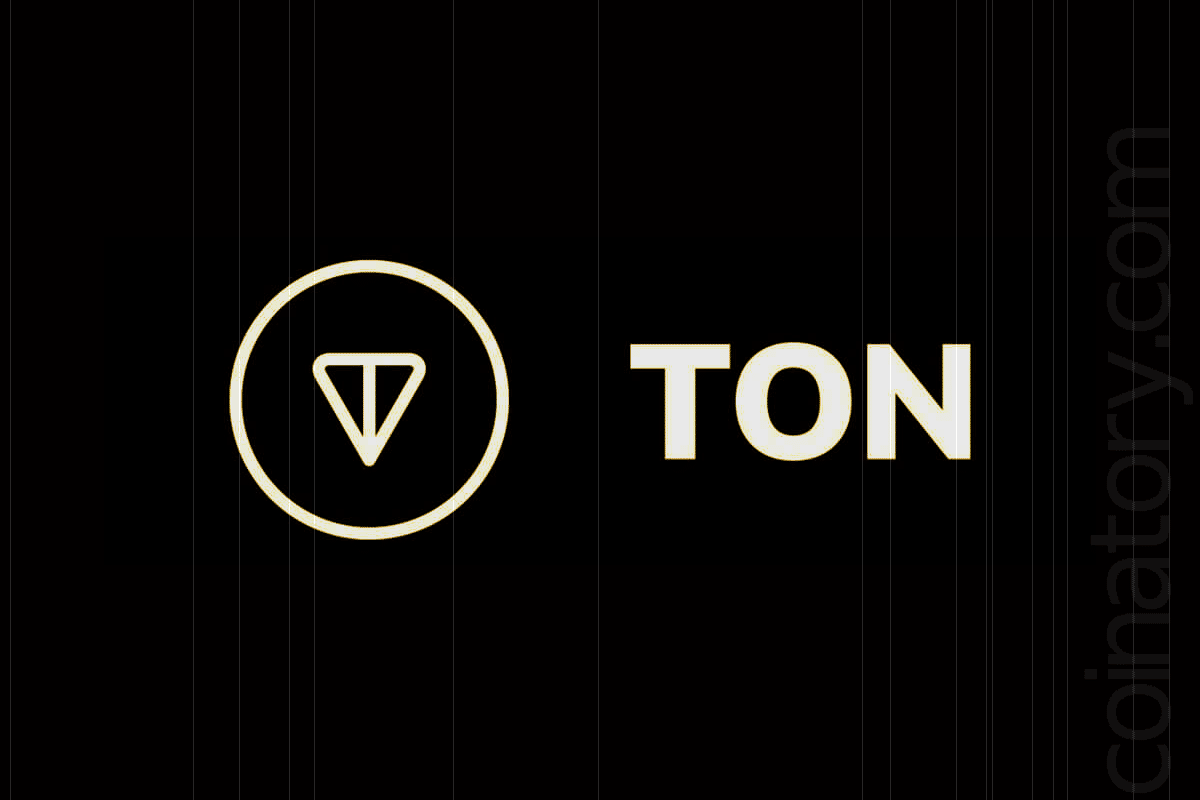
Telegram CEO Pavel Durov has unveiled plans to introduce a mini app store aimed at accelerating blockchain adoption and related activities. This announcement, made via his Telegram channel, underscores the platform’s substantial growth in blockchain-related endeavors throughout 2024. The mini app store forms a key part of Telegram’s strategy to become a leader in the rapidly expanding blockchain industry.
Telegram Tap-to-Earn Phenomenon
Telegram’s initiative coincides with a surge in interest and adoption within the Telegram mini app (TMA) market. Tap-to-earn games, such as Notcoin and Hamster Kombat, have gained significant traction, reflecting the growing popularity of these blockchain-based activities.
Moreover, The Open Network (TON), a Layer-1 blockchain network with its native token Toncoin, is making significant strides in the crypto industry. This movement further highlights Telegram’s pivotal role in driving blockchain innovation.
“2024 will go down in history as the year when hundreds of millions of people became familiar with blockchain. We’re proud that Telegram is at the epicenter of this societal transformation. To keep the fire going, this month, we will introduce a mini app store and an in-app browser with support for Web3-pages,” stated Pavel Durov.
Telegram’s Measures Against Crypto Scams
In addition to promoting blockchain adoption, Telegram is committed to combating fraud in the crypto market. The platform will display registration details, such as the month and country, for public accounts, enhancing transparency and security.
“We will also step up our efforts to fight the scammers seeking to defraud new entrants into the crypto realm. Soon, Telegram will begin displaying the month of registration and principal country for public accounts (similar to Instagram). We will also allow organizations to use their mini apps to issue labels for channels, creating a decentralized marketplace for third-party verification,” Durov added.







